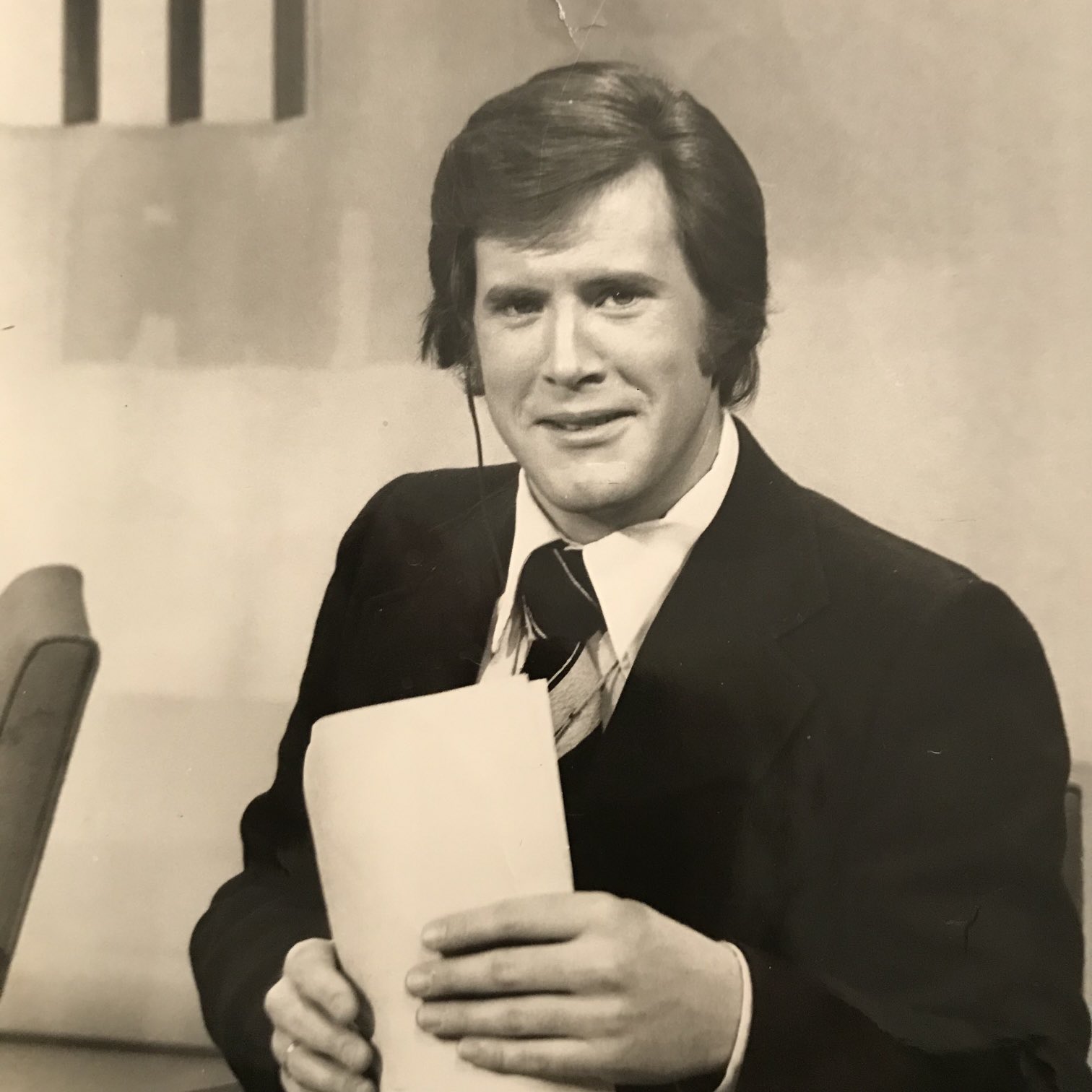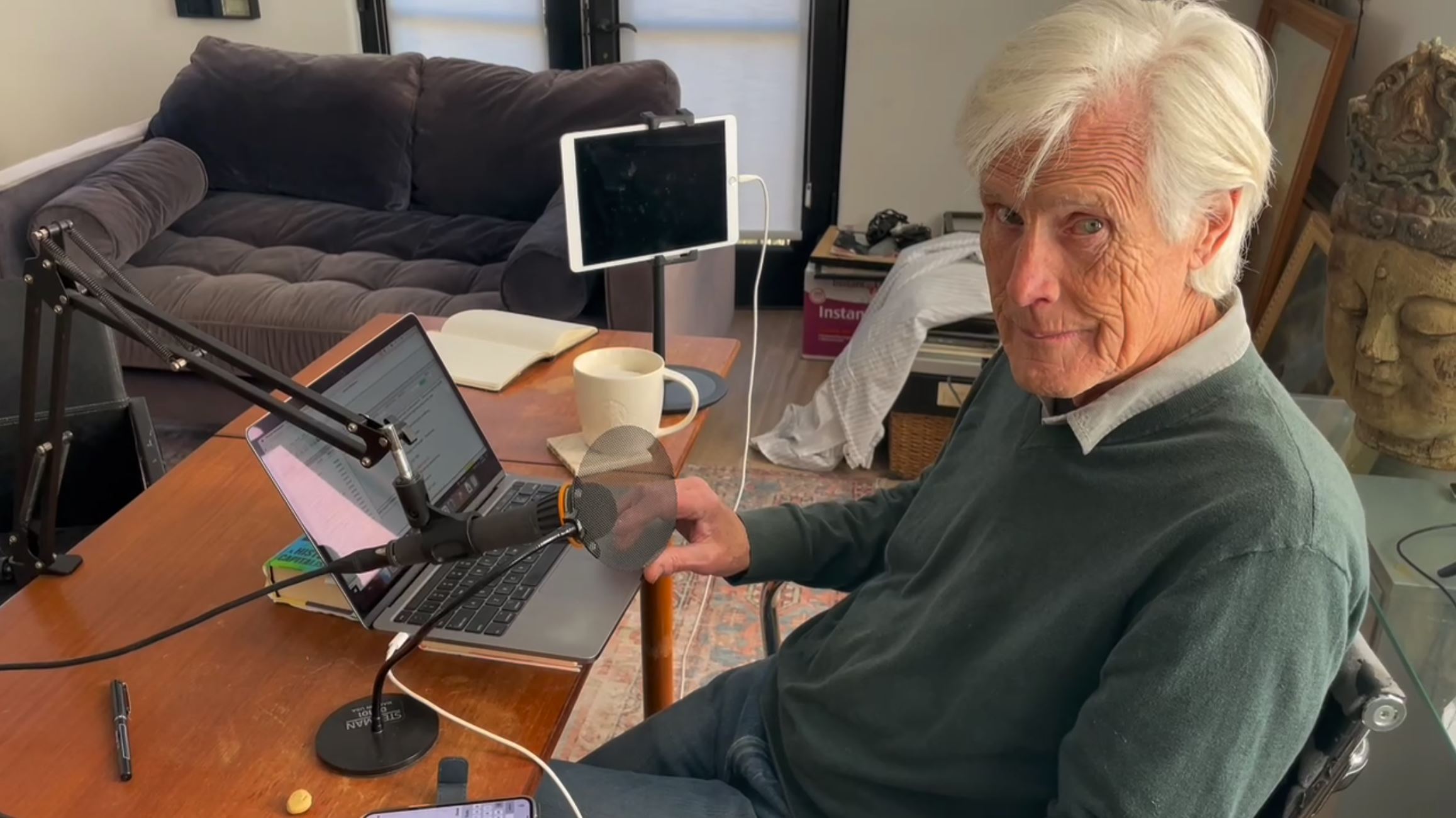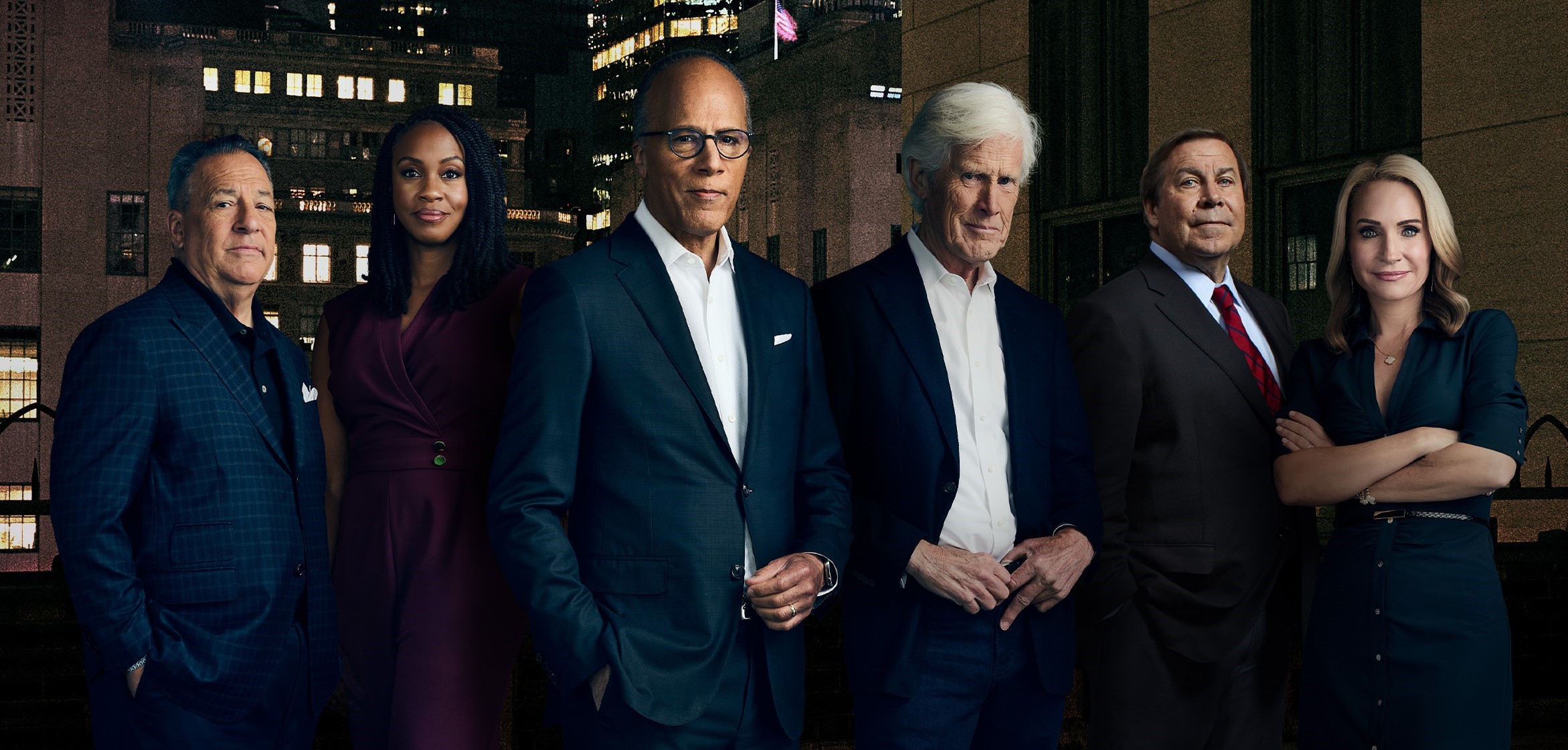Sometimes considered the “granddaddy of true crime,” Keith Morrison has one of the most famous voices on television. The “Dateline” correspondent has been narrating murder cases and mysteries for 30 years, gaining a fandom that spans generations. He’s even had the honor of being parodied by Bill Hader on “Saturday Night Live.”
“To see yourself parodied on national television is a bracing experience, but it’s a tremendous compliment,” Morrison said.
Morrison, 77, sat down with NBCU Academy to offer tips on making your voice an instrument of storytelling. Watch the video above and read more in his comments below.
What do you do when you first get a “Dateline” script?
Many of our shows are written by three or four people, and then it comes to me. I always make sure I go through [the script], even if I end up making it worse than it was. If you haven’t written it, you want to adjust it to your own way of talking, to your own way of telling a story. The important thing is to insert yourself, to make it your own. Even if the guts of it were written by somebody else, you have to pull up the mainsail and make this boat float. The story is the king, and you’re just the transmitter of it.
Where did you first learn the power of your voice in telling a story?
My dad was a preacher and my mother was the choir leader and I was in the choir. My mother used to teach the importance of lyricism and cadence in telling stories. Telling stories is a little like singing a song. It’s a performance, as much as it is anything else. And from my father, I learned about the importance of taking a text — which may be arcane, may be old-fashioned and may be not something you would normally read — and somehow making it relevant for the people who are hearing it.
How did you get into journalism?
I started in radio initially and floundered around for a fair amount of time imitating the disc jockeys. But at my first television job soon after, I was nervous as a rat. I was the tender age of 22, and I was walking toward the studio, and the news director could see how nervous I was. He said, “Don’t worry about it, boy. Just stare down the barrel and talk to your mom.” It was the best advice I ever had. It captures the intimacy of connection over a television camera. You’re just talking to somebody who you respect, who you wouldn’t lie to, and you’re going to tell them a story.
What tips would you give for recording your voice?
What you’re doing is presenting information through the instrument, which is yourself. The instrument isn’t your vocal cord or the timbre of your voice. You can have a high, squeaky voice or a deep, resonant voice. It doesn’t really matter. The instrument is the way you bring your personality to bear on the information, which you’re going to transmit.
How important is it to match your voice to the tone of the story?
Not only is every story different, and therefore it requires a different approach in the read and with your voice, but sometimes different parts of stories need a different approach than other parts. You match your tone and your speed and the uplift in your voice, or the depth in it, to the content. Fast-talking makes a lot of sense if you’re trying to cram a whole lot of information into a short period of time and it’s very urgent material. Try not to fall into cliched patterns of speech. Don’t sound like you think you ought to sound. Sound like yourself.
How do you prepare for a voice recording session?
You can do it cold, but it’s better to read it over beforehand because you have to know where the story is going and what’s in it. It’s information that’s coming in through [the audience’s] ears and eyes, as opposed to the kind that somebody’s reading on a page. It’s a translation in a way. It has to be told as if no one else knows this story but you. We’ve got something to tell you, and we want you to listen carefully and lean back and just imagine things.






